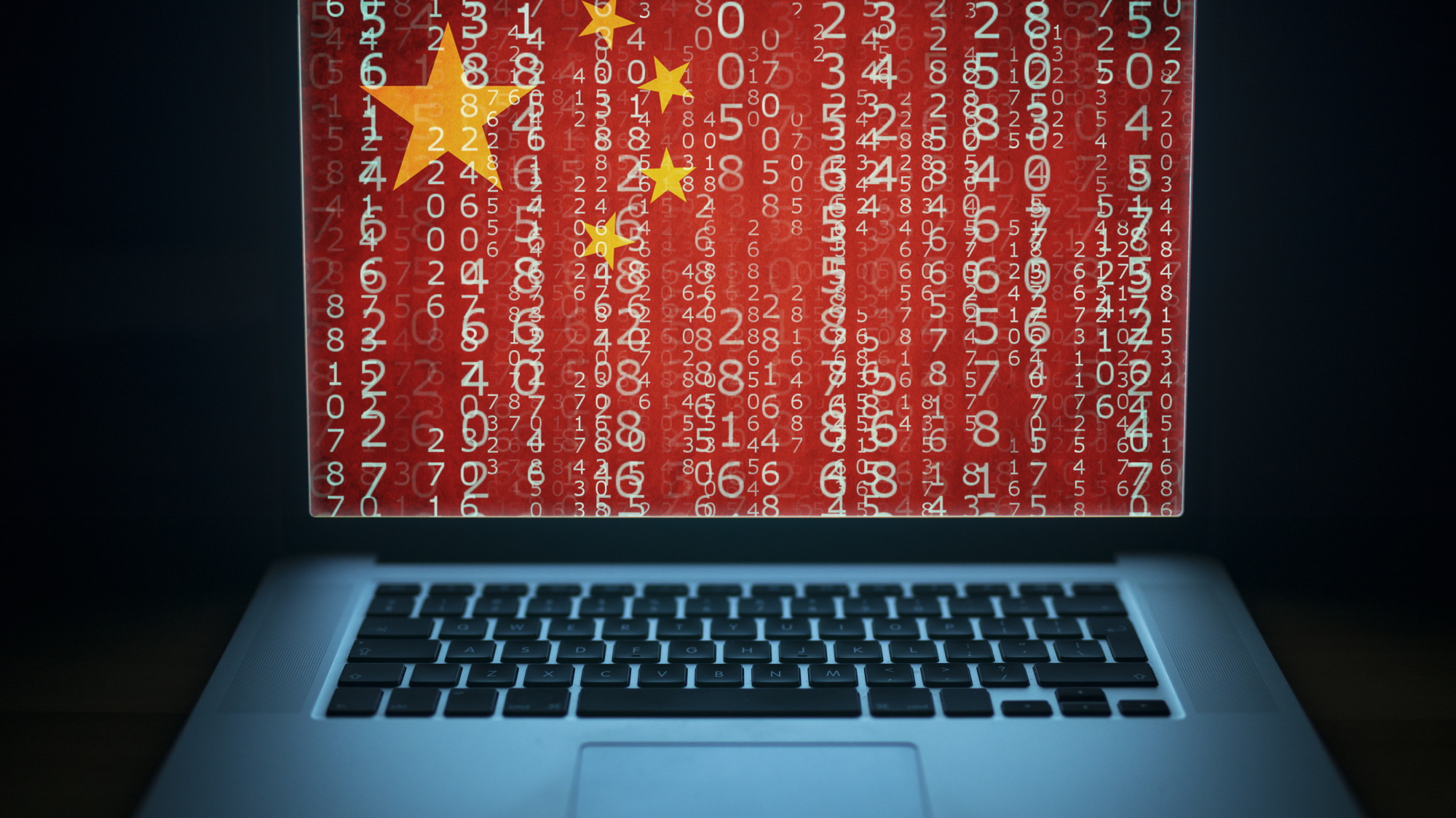Chinese government ordered to ditch foreign PCs
Given a deadline of two years

Chinese central government agencies and other state-owned organizations have two years to ditch PCs, laptops, and other hardware made by foreign companies, and replace them with domestic hardware.
Some government employees were asked to make the jump when they returned to work, after a week-long break, earlier this month, reports have claimed.
The mandate requires organizations to eliminate both foreign hardware and software, and with as many as 50 million endpoints at play, the likes of HP, or Dell, are likely to feel the impact.
Share your thoughts on Cybersecurity and get a free copy of the Hacker's Manual 2022. Help us find how businesses are preparing for the post-Covid world and the implications of these activities on their cybersecurity plans. Enter your email at the end of this survey to get the bookazine, worth $10.99/£10.99.
Domestic hardware
But software vendors stand to lose a lot, as well. The reports state that China will most likely focus on Linux-based operating systems to replace Microsoft Windows. Apparently, Shanghai-based Standard Software is one of the companies that could help facilitate the move.
At the moment, the order refers only to computers, while components that are hard to replace, such as microprocessors, have been excluded. Chances are, they will be covered in the near future. The government is also expected to force provincial governments to do the same, soon.
Some firms might be exempt from the order, if they get a special permit, it was said. While at start, it might be relatively easy to obtain such a permit, Bloomberg’s sources believe they will grow progressively harder to get.
Ever since the Trump administration blacklisted Huawei and ZTE over 5G-powered espionage fears, the Chinese have been working on reducing their dependency on foreign hardware and software. ZTE has had one foot in the grave, at the time, while Huawei was forced to develop and distribute an entirely new mobile operating system, after it lost access to Android.
Are you a pro? Subscribe to our newsletter
Sign up to the TechRadar Pro newsletter to get all the top news, opinion, features and guidance your business needs to succeed!
Now, as things heat up even further on the global geopolitical scene, the Chinese are moving further with their plan of total technological independence.
Lenovo, a Chinese hardware manufacturer that probably stands to gain the most from this development, has had its shares rise 2% on the day, to $0.9.
Via: Bloomberg
Sead is a seasoned freelance journalist based in Sarajevo, Bosnia and Herzegovina. He writes about IT (cloud, IoT, 5G, VPN) and cybersecurity (ransomware, data breaches, laws and regulations). In his career, spanning more than a decade, he’s written for numerous media outlets, including Al Jazeera Balkans. He’s also held several modules on content writing for Represent Communications.
